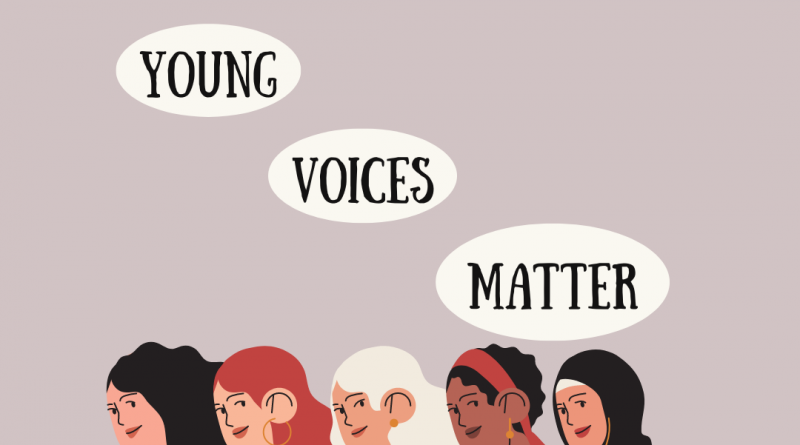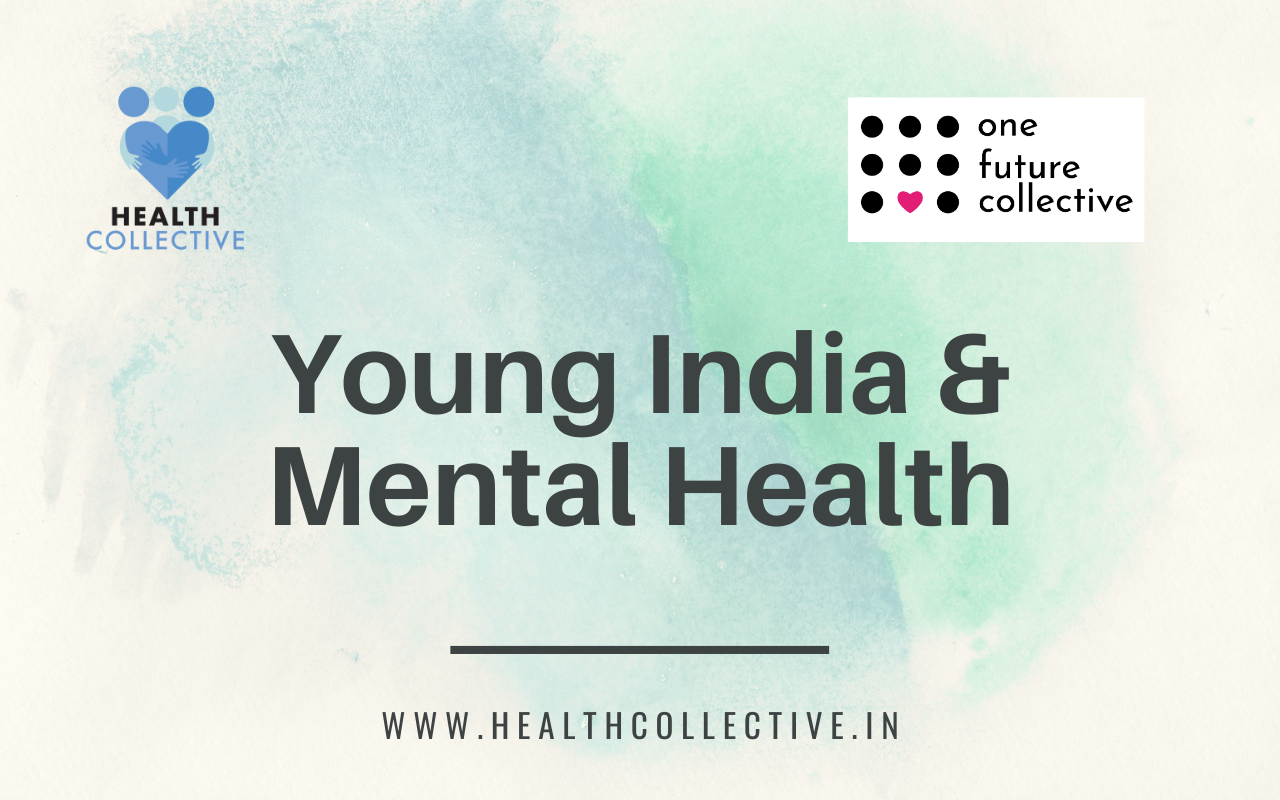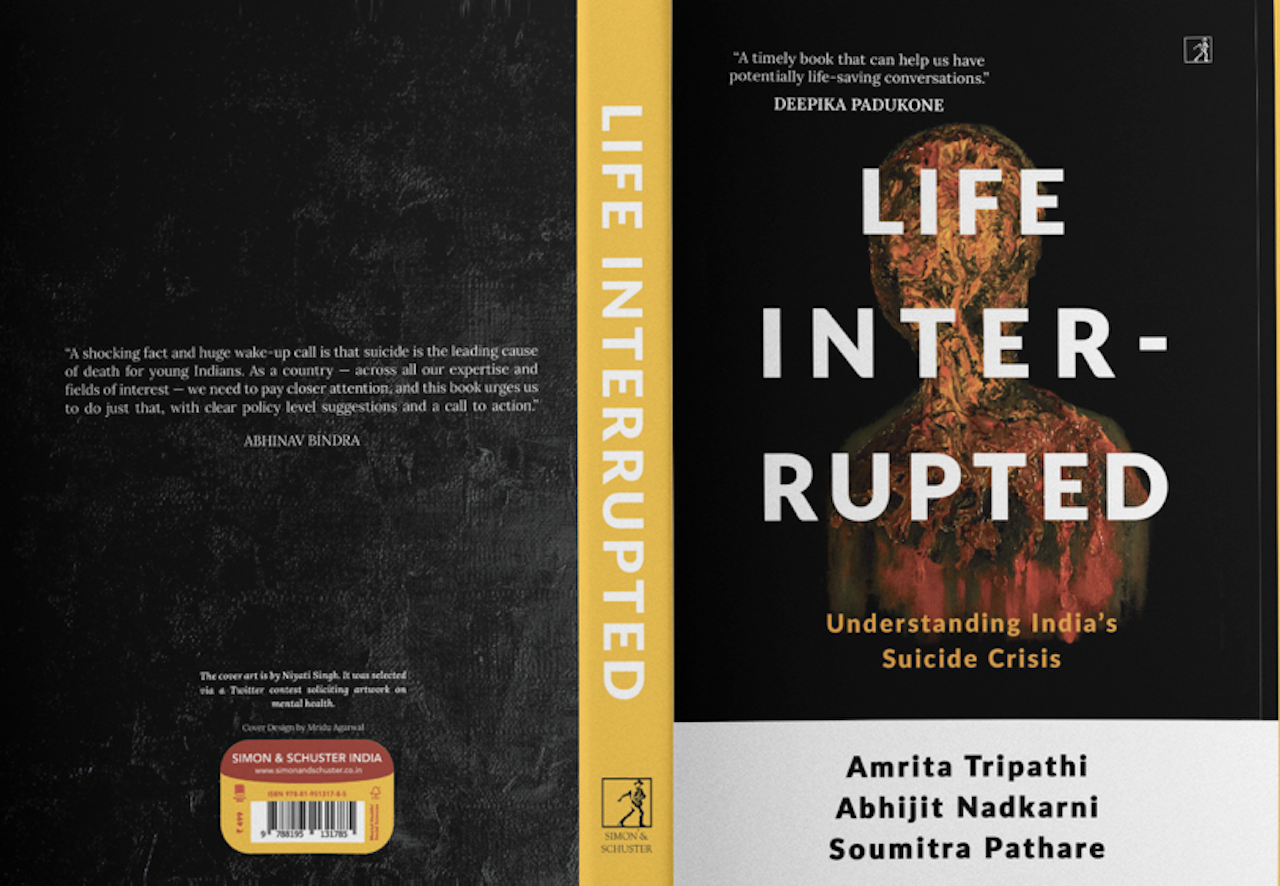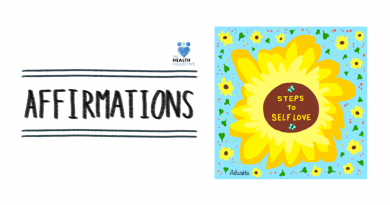Youth Voices: Adulting 101
By Manini Meredith Alva
Throughout the world, people are living various lives and experiencing different moments that set them apart. However, some of the key moments we experience, which we both cherish and dread, may not be exclusive to us. I am talking about the first day of school or your first exam. Fast forward to your first day of twelfth grade or your Board exams. Suddenly, you are sitting late at night on your laptop, finishing up college applications even before you have officially graduated from school.
As students, we go from the comforts and safety of home to the bustling embrace of a college campus. Overwhelmed yet excited, and at the same time completely unaware of what lies ahead. Whether what you are studying is your true passion or whether you actually enjoy your supposed chosen field.The reality of what life really is sinks in and causes you to overthink the simplest decisions. Almost like one of the montages you see at the beginning of every Hollywood rom-com, you start picturing what working is like. A classic nine-to-five with a fancy office with a picturesque view of the city. Unfortunately, reality is nothing like that.
As teenagers, we daydream, completely unaware of how we are basically at the bottom of the food chain of the working world and will need to work day in and day out to reach the top. We want to achieve the best without knowing the dedication and labour it takes to achieve this level. We are taught from the young age of five that we have no choice in our curriculum and have to study everything under the sun. Then, when we go into the confusing years of middle school, where classes get more challenging, this gets intensified with all the stress that entering your teen years brings. If you were like me, you probably spent your last year of middle school and your first year of high school online because of COVID-19, which made entering back into school for tenth grade even more overwhelming. However, my deepest condolences go to you if you are part of the batch that graduated online.
Every transition that we go through in our lives comes with a variety of challenges that may differ from person to person. That is why there is a need for schools to step up their game and help with the problems that students are facing with such shifts in their lives. If schools implemented systems that were put in place to help with these significant changes, it would make it less stressful for the individuals concerned. For example, schools could implement a course called Adulting 101, which would make unaware teenagers more conscious of the practical challenges that lie ahead. Such a course would help bridge that gap and prepare teenagers for the long and winding road that is their life. This course should include topics like basic housekeeping skills such as cooking, cleaning, and laundry on the one hand and financial literacy topics such as budgeting, banking, bill payments, systematic investment plans (SIP), mutual funds, etc. Algebra and trigonometry are taught from the age of thirteen, but how to handle your taxes or budget your finances is not given the same amount of importance. Such crucial aspects of one’s life should not be made to seem daunting, and teaching such chapters in school would prevent such fears.

As much as the financial part of the programme is important, so are essential skills with respect to relationships, communication, and conflict resolution.While talking to my classmates about how unprepared most of us are for college, a seventeen year old student said “People think school is exactly like college except more freedom, which isn’t true at all. Students are not told the amount of responsibility college really entails and that is why I completely agree with the idea of teaching students basic skills that will benefit them in the future”.
Stories that you hear from other college students can often leave you feeling mixed emotions of dread, anxiety, and excitement. Schools must help their high schoolers work through these conflictual emotions so that they feel the confidence needed to be ready for the inevitable challenges that lie ahead.
The transition to adulthood is made to look easy; however, the truth is that a majority of young individuals have a hard time adjusting and feel alone on this journey. In India, the concept of mollycoddling is confused with the much-needed support of caregiving adults in a student’s life. Ideas around support and care are often seen as contradictory to notions of ‘tough love’. Caring for the mental health and well-being of students will not soften them but, quite to the contrary, only strengthen them and prepare them for the way forward. Our culture also has hidden gender stereotyping around what skills are for men and women. For instance, fathers speak to boys about finance, and mothers teach girls how to cook. Yet another reason why a course such as Adulting 101 should be put in place is that its gender-neutral teachings will, in turn, help us challenge age-old family stereotypes, promote equality in relationships, and help forthcoming generations. By mandating such a course, teenagers throughout the world would leave high school with skills they would need not only in college but for the rest of their incredible lives ahead.
Manini Meredith Alva is a seventeen-year-old high school student interested in history and political science, interning with The Health Collective.




